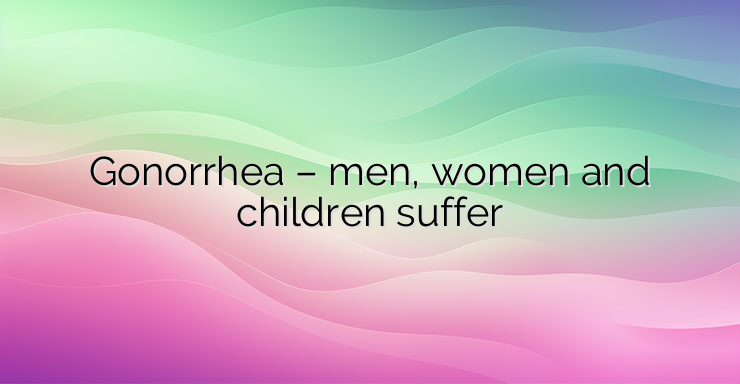What is Gonorrhea?
Gonorrhea, also known as gonococcal infection or “the clap,” is a common sexually transmitted disease caused by the bacterium Neisseria gonorrhoeae. It primarily affects the genitourinary system but can also impact other organs.
How does Infection Occur?
Gonorrhea is transmitted from an infected person to a healthy individual through sexual contact, including anal, vaginal, or oro-vaginal intercourse. Additionally, transmission can occur through household items such as towels. People with pronounced or mild symptoms, as well as those without symptoms, can be sources of infection.
Symptoms and Complications
Gonorrhea in Men
In men, gonorrhea typically manifests about a week after infection with symptoms of gonococcal urethritis. This includes itching, burning, and pain during urination, as well as changes in urine color and the discharge of a mucous fluid from the urethra, which may become thick and green over time. Gonorrhea can lead to complications such as inflammation of the epididymis, prostate gland, and other reproductive organs if left untreated.
Gonorrhea in Women
Women often do not experience symptoms, but when they do, they may include burning and itching in the urethra and a thick, yellow-green discharge from the vagina. Asymptomatic gonorrhea in women can lead to inflammation of the uterus, fallopian tubes, and ovaries, which may result in pelvic inflammatory disease (PID) and infertility.
Gonorrhea in Children
Gonorrhea in children typically presents as conjunctivitis or vulvovaginitis. Conjunctivitis occurs 2 to 5 days after birth and can lead to serious eye damage if not treated promptly. Vulvovaginitis, which affects girls between 5 and 10 years old, is often caused by sharing towels or sleeping in close proximity to an infected family member.
Prevention and Treatment
Prevention of gonorrhea involves practicing safe sex, using condoms consistently, and avoiding sharing personal items such as towels. Prompt treatment with antibiotics is crucial to prevent the spread of infection and avoid complications.


Leave a Reply